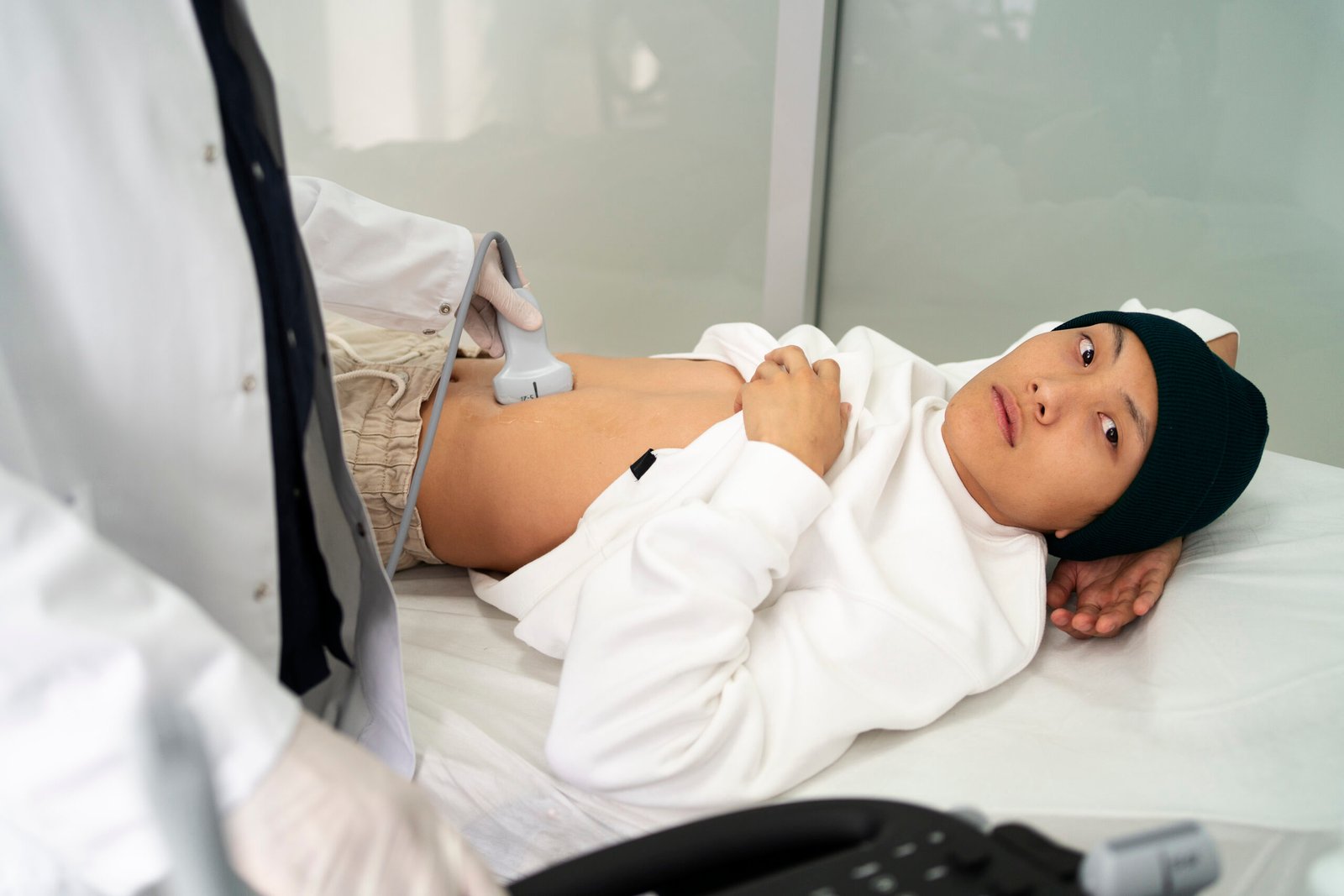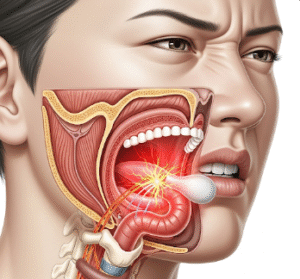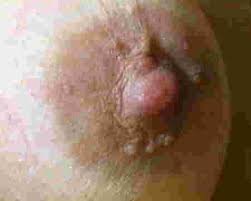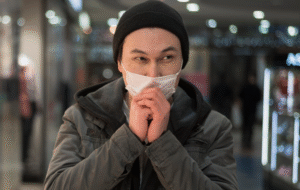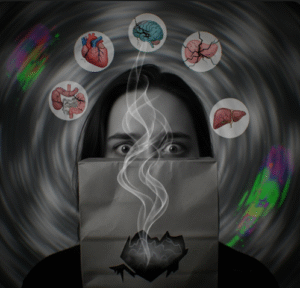Overview
Systemic candidiasis is a serious fungal infection caused by Candida species entering the bloodstream and spreading throughout the body. Unlike localized yeast infections, systemic candidiasis can affect multiple organs, leading to severe illness, especially in immunocompromised or critically ill patients. Early diagnosis and aggressive treatment are essential to improve outcomes.
What is Systemic Candidiasis?
Systemic candidiasis, also known as invasive candidiasis, occurs when Candida fungi invade the bloodstream or internal organs such as the heart, brain, kidneys, or liver. It often arises from overgrowth of Candida species normally found on the skin or mucous membranes, especially when the immune system is weakened.
Symptoms
Symptoms depend on the organs involved but may include:
- Fever and chills unresponsive to antibiotics
- Fatigue and weakness
- Organ-specific symptoms such as:
- Abdominal pain or jaundice (liver involvement)
- Confusion or neurological changes (brain involvement)
- Chest pain or cough (lung involvement)
- Blood pressure instability (sepsis)
Causes
Systemic candidiasis results from:
- Overgrowth and invasion of Candida fungi into the bloodstream
- Use of broad-spectrum antibiotics disrupting normal flora
- Intravascular catheters or medical devices acting as entry points
- Immunosuppression from conditions such as HIV/AIDS, cancer, or organ transplantation
- Prolonged hospitalization, especially in intensive care units
Risk Factors
- Immunocompromised states (HIV/AIDS, chemotherapy, steroids)
- Use of central venous catheters or intravenous lines
- Broad-spectrum antibiotic or corticosteroid use
- Major surgery or trauma
- Diabetes mellitus
- Prolonged ICU stay or mechanical ventilation
Complications
- Septic shock and multi-organ failure
- Endocarditis (infection of the heart valves)
- Meningitis or brain abscess
- Kidney failure
- Death if untreated or treatment delayed
Prevention
- Strict infection control and hygiene in healthcare settings
- Careful use and timely removal of invasive devices
- Judicious use of antibiotics and corticosteroids
- Early identification and treatment of localized Candida infections
- Monitoring high-risk patients closely
Treatment Options in Korea
South Korea provides advanced care for systemic candidiasis through specialized infectious disease units.
- Diagnosis
- Blood cultures to detect Candida species
- Imaging studies (ultrasound, CT, MRI) for organ involvement
- Laboratory tests including beta-D-glucan assay and PCR-based methods
- Medical Treatment
- Antifungal drugs such as echinocandins (caspofungin, micafungin), fluconazole, and amphotericin B
- Duration of therapy depends on infection severity and organ involvement
- Removal of infected catheters or devices
- Supportive Care
- Management of sepsis and organ dysfunction in ICU
- Nutritional support and monitoring

